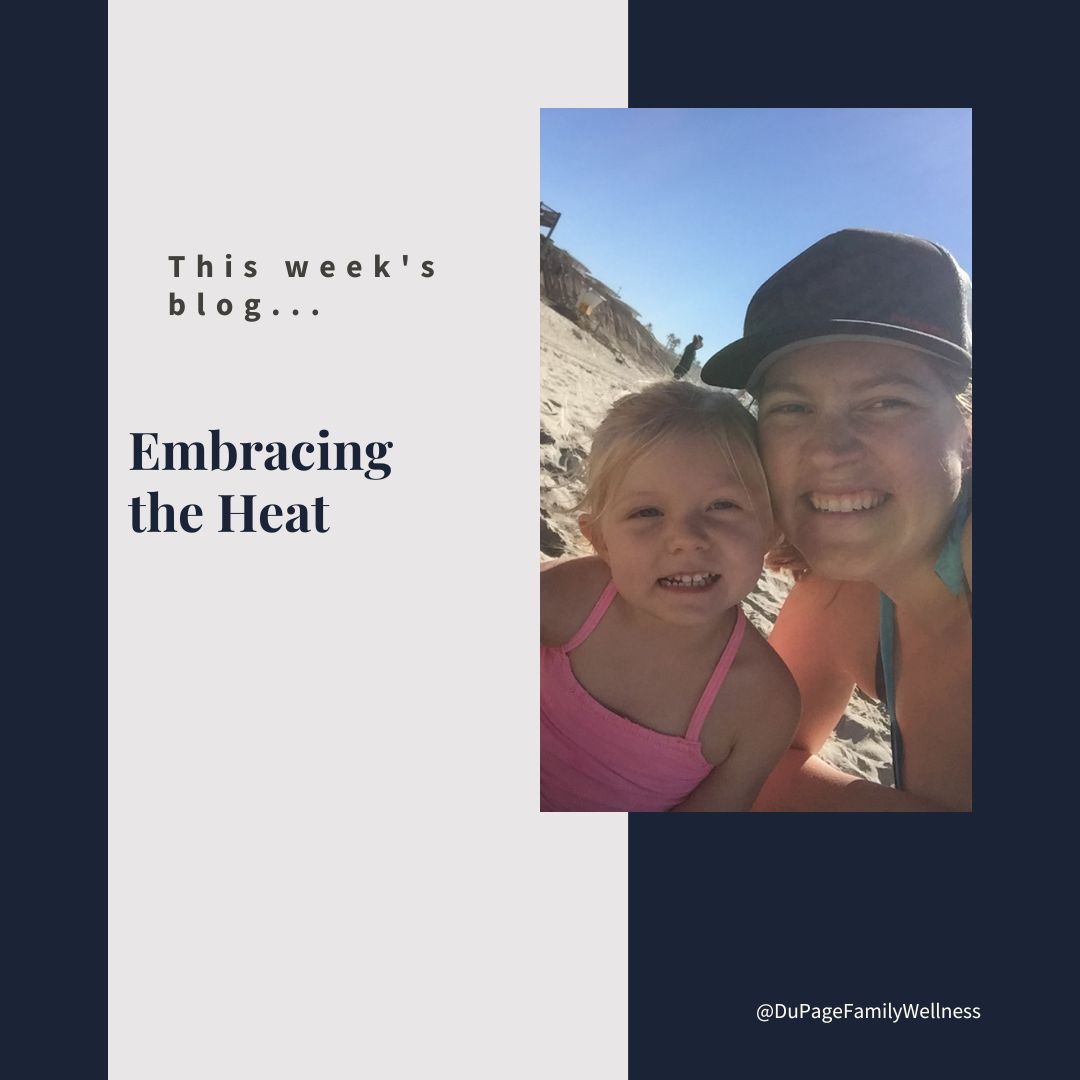 It is helpful to look at how our ancestors lived as a guide for our choices today. We can learn so much from the way humans existed before modern conveniences were introduced into our lives. Doing so can help us understand our need for human connection, functional movement, and real unprocessed food.
It is helpful to look at how our ancestors lived as a guide for our choices today. We can learn so much from the way humans existed before modern conveniences were introduced into our lives. Doing so can help us understand our need for human connection, functional movement, and real unprocessed food.
Some of the ways our lives differ from our distant ancestors are obvious. We have stress from our jobs instead of the stress of surviving an animal attack. The movement we get in the gym is much different than the kind our ancestors got when they hunted game. However, some of the differences are not so clear.
Our ancestors experienced the weather very differently than we do. They were exposed to the elements and a range of temperatures daily. I am sure this was not always pleasant, but it did have some health benefits.
Let's look at how we can use extreme temperature exposure in our lives today.
Our Ancestors
We wake up in temperature-controlled homes, take warm showers, and drive to work in comfortable cars. Many of us work, live, and spend our days in buildings that maintain a steady, comfortable temperature. We may go to the pool on hot days, but we can head back inside when we have had enough.
Our ancestors did not have this luxury. They did not have a lovely air-conditioned home keeping the temperature at 70 degrees. There were no grocery stores; they had to be out in the elements to find food. Modern society does not necessitate exposure to the elements as it did for our ancestors.
Why it Matters
Our bodies have systems in place to regulate our temperature - shivering, goosebumps, sweating, changes in metabolism, etc. It’s good for our bodies to practice using these systems.
If our bodies never have to challenge these systems, they likely won’t work as effectively as if they were used regularly. I am not suggesting we put ourselves in danger (frostbite, heatstroke, etc.), but we do not want these systems getting too lax either.
Extreme temperature exposure benefits our mitochondrial function, immune system, fat storage, inflammatory levels, hormone production, cardiovascular system, blood sugar regulation, and detoxification.
Here is a great article and a scientific study with more details about hot and cold temperature exposure.
How to Experiment with Extreme Temperature Exposure
Check with your doctor if you are interested in trying this. There are many potential health benefits, but it is important to be careful. If you are suffering from any health concerns or chronic disease, it is wise to be even more cautious with this.
It is also important to listen to your body. There is a difference between being slightly uncomfortable and experiencing pain. If you begin to feel pain, you are likely pushing yourself too far. Start with small doses and less extreme temperatures; you can do harm if you jump into this too quickly.
-
Walking - walk outside on a hot day. Start small, stay hydrated, and dress for the weather.
-
Cold Water Burst- turn the water to a slightly cooler temperature for a short time at the end of your shower. Work towards the coldest temperature you can handle for 45-90 seconds.
-
Air Dry - let the water evaporate off your body before grabbing a towel. You may get goosebumps and shiver, but that is a good thing.
-
Lower Temperature at Night - cold temperatures can help you get a better night's sleep. Dr. Hyman and Dr. Lepine discuss the benefits of extreme temperature exposure in their podcast Healing Chronic Disease (36:37-39:00).
-
Diving Reflex - stimulate your diving reflex by submerging your face in a sink of cold water. The diving reflex optimizes respiration by distributing oxygen to the brain and lungs.
-
Saunas - the benefits of spending time in a sauna include cardiovascular health, immune support, and detoxification. Check out a more thorough explanation of the benefits of using a sauna here.
What small step could you take to embrace extreme temperature exposures today? Play around with a few things to see what you would enjoy.
Dr. Jamie

